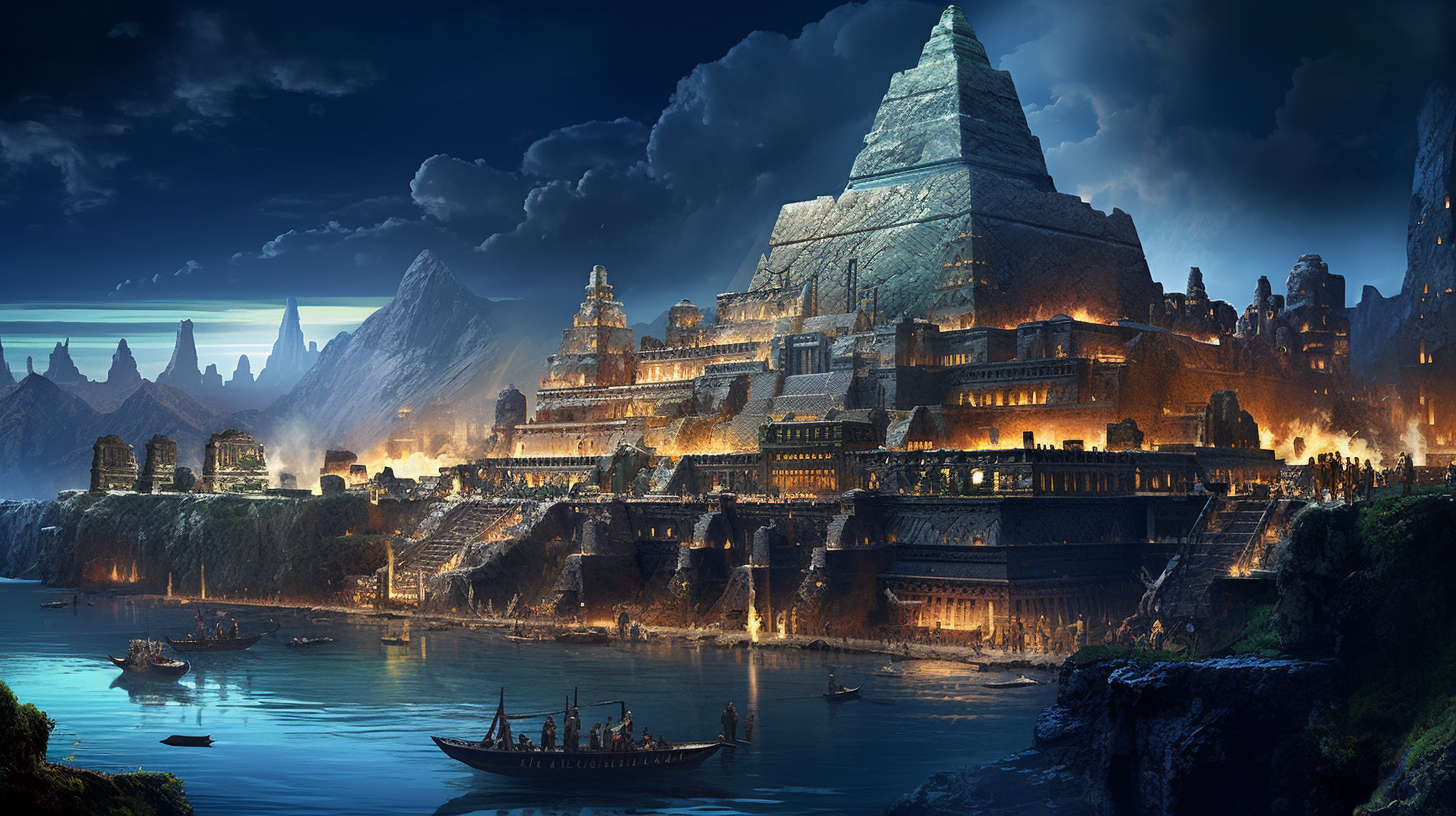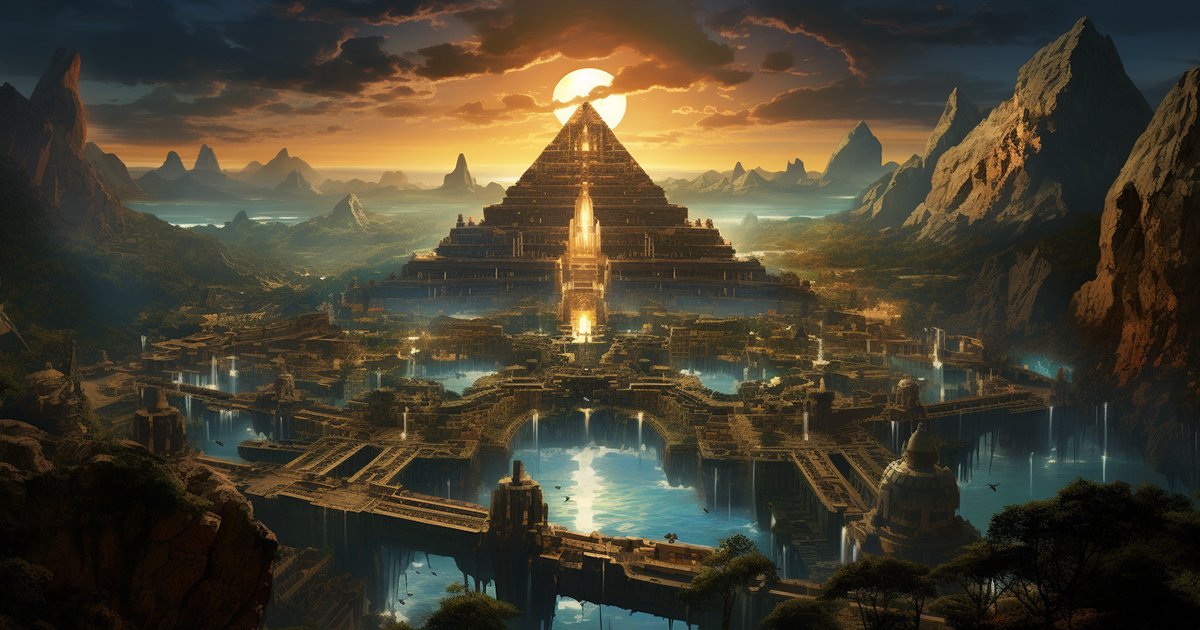In the depths of the Mediterranean Sea, back in the year 2000, a group of divers embarked on a mission off the Egyptian coast near Alexandria. Little did they know, they were about to unearth something that had long been relegated to the realm of legend and myth. The discovery of Heracleion, also known as Thonis, near Alexandria, marked the beginning of a series of revelations that would challenge our understanding of ancient civilizations.
For centuries, stories of Heracleion had been passed down through Greek mythology and histories. However, there was no concrete evidence of its existence until that fateful day in 2000. Dating back to the 7th century BC, Thonis stood as a testament to the bustling trade in the region during its time.
Similarly, in the year 2001, a similar tale unfolded in India. The epic Mahabharata spoke of Lord Krishna building a formidable city named Dwarka, yet for the longest time, it was believed to be a product of imagination. Then, to everyone’s astonishment, Dwarka was discovered, proving that sometimes, myths hold grains of truth.

However, among all the mythological places on Earth, one has consistently captivated our collective imagination—the legendary Atlantis. Described by Plato in the fourth century AD, Atlantis was said to be the home of an advanced civilization that mysteriously vanished beneath the waves millennia ago. While mainstream scholars have often dismissed Atlantis as mere fiction, a growing number of individuals contend that Plato’s account was rooted in reality.
The question arises: What if Atlantis, like these other mythical locations, were to be uncovered? Could it provide evidence of extraterrestrial contact with early humans?
In February 2017, in Dunedin, New Zealand, scientists from the renowned GNS Science institute unveiled a startling revelation—a lost continent that had sunk into the depths of the ocean millions of years ago. They christened this submerged landmass Zealandia, as it stretched beneath New Zealand. Remarkably, despite being mostly submerged, Zealandia met all the criteria of a continent, with a distinct crust that set it apart from the surrounding ocean floor, and clear separation from Australia.
The discovery sent shockwaves through the scientific community, challenging long-held beliefs about the number of continents on our planet. Could this have been another ancient continent where human beings once thrived? If so, it has the potential to reshape our understanding of history.
Ancient astronaut theorists propose a tantalizing possibility—that Zealandia could be the elusive lost continent of Atlantis. While skepticism lingers among some scientists regarding ancient narratives, the growing body of archaeological evidence demands a closer look. These discoveries emphasize that many of the stories passed down through the ages may have a basis in fact, inviting us to reevaluate our perceptions of the past.
Video:
In the end, the unveiling of submerged ruins and the rediscovery of ancient cities challenge us to keep an open mind. They remind us that even the most fantastical tales from history may hold hidden truths waiting to be unearthed, and that the boundaries of our knowledge are ever-expanding, offering new insights into the mysteries of our ancient past.

15 thoughts on “The Astonishing Rediscovery of Lost Civilizations and Continents”
Comments are closed.